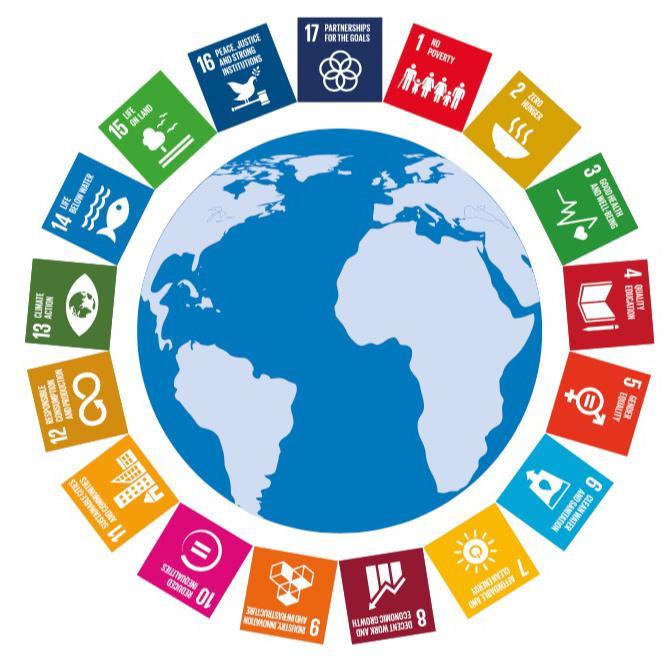
The annual financing gap for sustainable development exceeds $4.3 trillion and could rise to $6.4 trillion by 2030, despite monetary commitments under the United Nations (UN).
The deficit "may seem a large sum, but it is a drop in the ocean compared to the abundance of our world," said UN Trade and Development (formerly UNCTAD), estimating annual wealth at more than 450 trillion dollars.
If humanity were to invest less than 1 % of that total figure each year, it could put an end to extreme poverty during the present generation and protect the environment, so that it can sustain the health and prosperity of future descendants, the institution judged.
However, the world's major powers - with few exceptions - continue to fail to meet their commitment to allocate the equivalent of 0.7% of their gross domestic product to Official Development Assistance (ODA).
Moreover, they are now abandoning obligations and resource delivery "at historic speed and scale," said UN Secretary-General António Guterres at a forum of the UN Economic and Social Council.
Nor is it unknown that ODA has changed its face, as concessional lending has increased to the detriment of grants, thus increasing the debt burden.
It will be almost impossible to reach 2030 with the achievement of the 17 Sustainable Development Goals (SDGs), as promised in September 2015; instead, war spending is growing exponentially as never before and borrowing costs are increasingly prohibitive for impoverished nations.
Debt servicing for developing economies exceeds $1.4 trillion annually. The specific amount in more than 50 countries exceeds 10 % of their respective public revenues, and in 17 cases exceeds 20 percentage points, according to UN data.
According to UNCTAD, almost two thirds of these loans are now in the hands of private entities, with different incentives from those of traditional bilateral donor creditors, which adds to the complexity of credit restructuring.
"Some private bondholders have become de facto senior creditors, placing themselves above multilateral and official lenders, and some are willing to litigate aggressively," lamented UNCTAD Secretary General Rebeca Grynspan.
So far there is no expedited suspension of payments mechanism while negotiations drag on, and countries cannot access capital markets or refinance their commitments. "Thus, there are no debt moratoriums, but there are development moratoriums," she said.
The architecture of the international financial system responds neither to the increasing needs nor to the urgency of the SDGs; on the contrary, it perpetuates privileges for transnational companies and advanced economies.
According to the international confederation Oxfam, the five largest corporations in the world have a combined annual turnover exceeding the total income of 2 billion people.
"Increasing monopoly power largely explains the growth of extreme wealth concentration and inequality," the non-governmental organization said in its report. The looting continues.
Eighteen percent of the wealth of today's millionaires is the result of the power of monopolies, which can control markets, establish the rules and the terms of exchange with other companies and workers, the study argued.
According to Oxfam, it is "impossible to fully understand the nature of the current inequality crisis without coming to terms with the long shadow cast by the colonial past, and how it continues to alter our present".
The Fourth International Conference on Financing for Development was held in Seville, Spain, from June 30 to July 3. The final declaration, with the support of 192 States, incorporated novel proposals, but "from words to deeds there is a long way to go," as the old saying goes.
Investing in development "is not an act of generosity: it is a matter of security, stability and shared hope," advised the UN Secretary General, knowing that the SDGs are on the wrong track.








